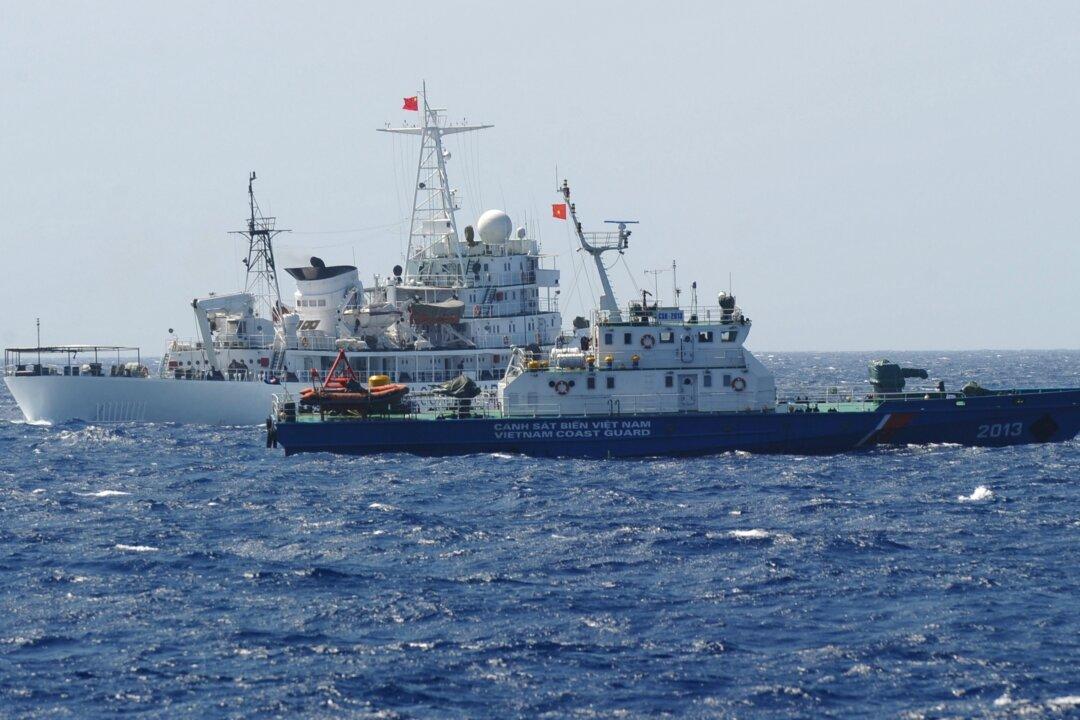Tensions between the United States and China over the South China Sea have erupted into a war of words on social media, in what analysts see as a change in U.S. strategy amid a burgeoning superpower rivalry in Southeast Asia.
After Washington last week hardened its position by explicitly rejecting Chinese maritime claims in the South China Sea, U.S. embassies in the region produced an unprecedented flurry of op-eds and statements criticizing Beijing’s actions.





